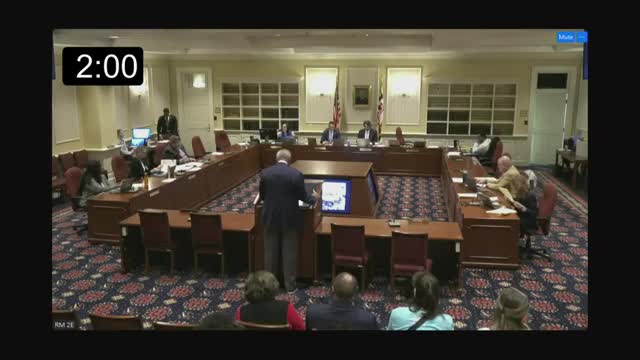Article not found
This article is no longer available. But don't worry—we've gathered other articles that discuss the same topic.
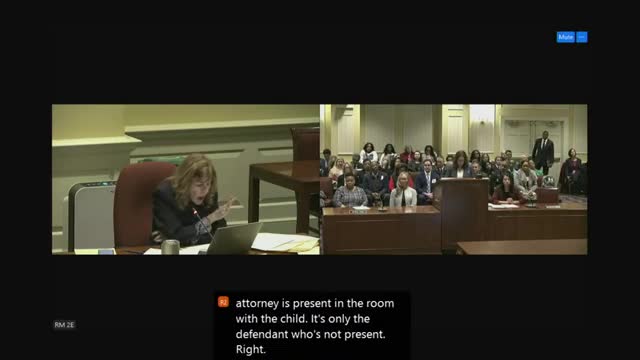
Hearing held on allowing hearsay exception for vulnerable adults' prior statements
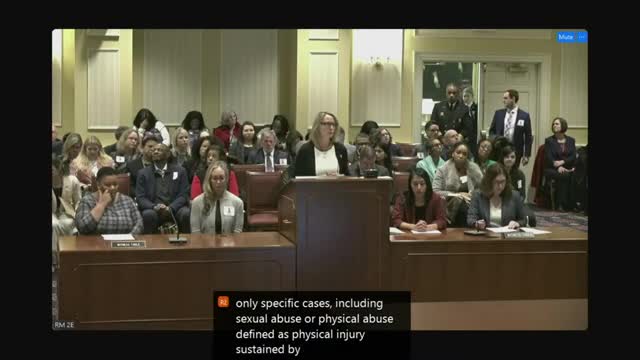
Committee considers extending confidentiality for peer support to police
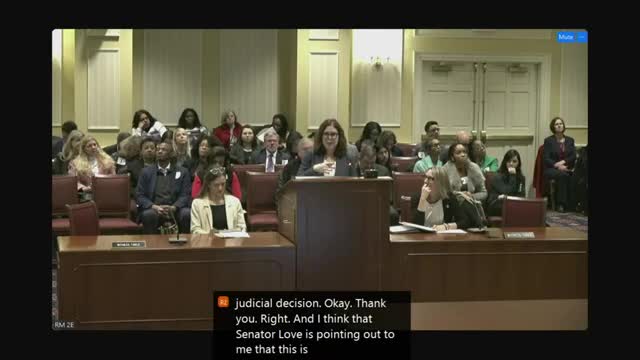
Bill would let malicious arsoners face consequences when firefighters are injured responding
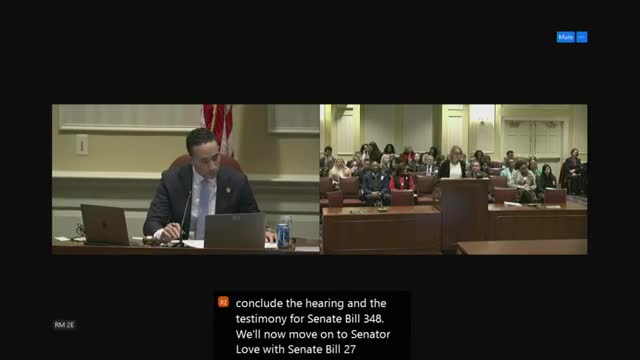
Bill would broaden use of closed-circuit testimony for child-abuse trials, advocates say
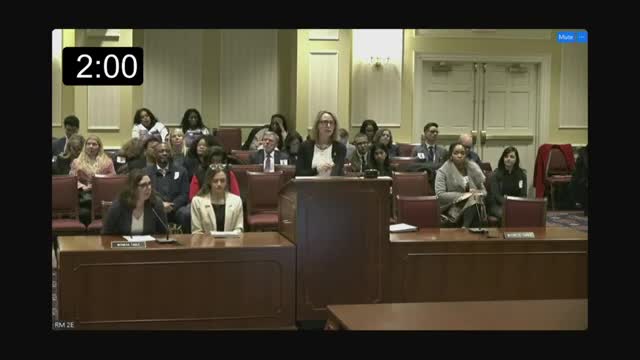
Bill to add residences to visual-surveillance law advances after victim testimony of home recordings
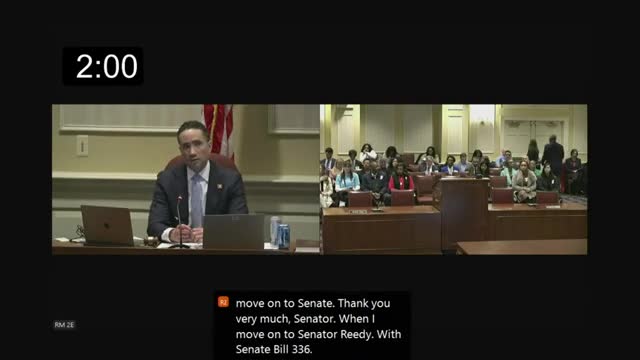
Senate committee hears bill to make theft of firearms a felony
